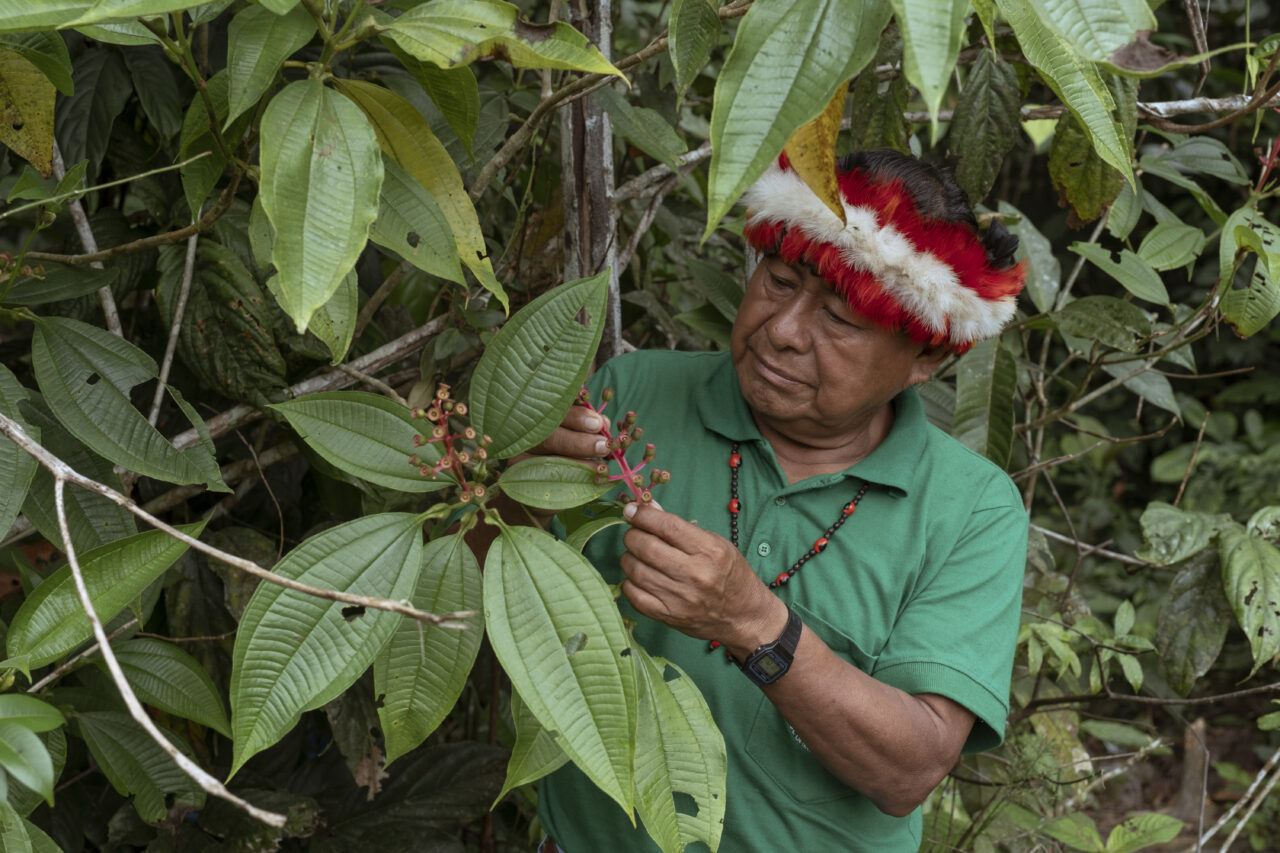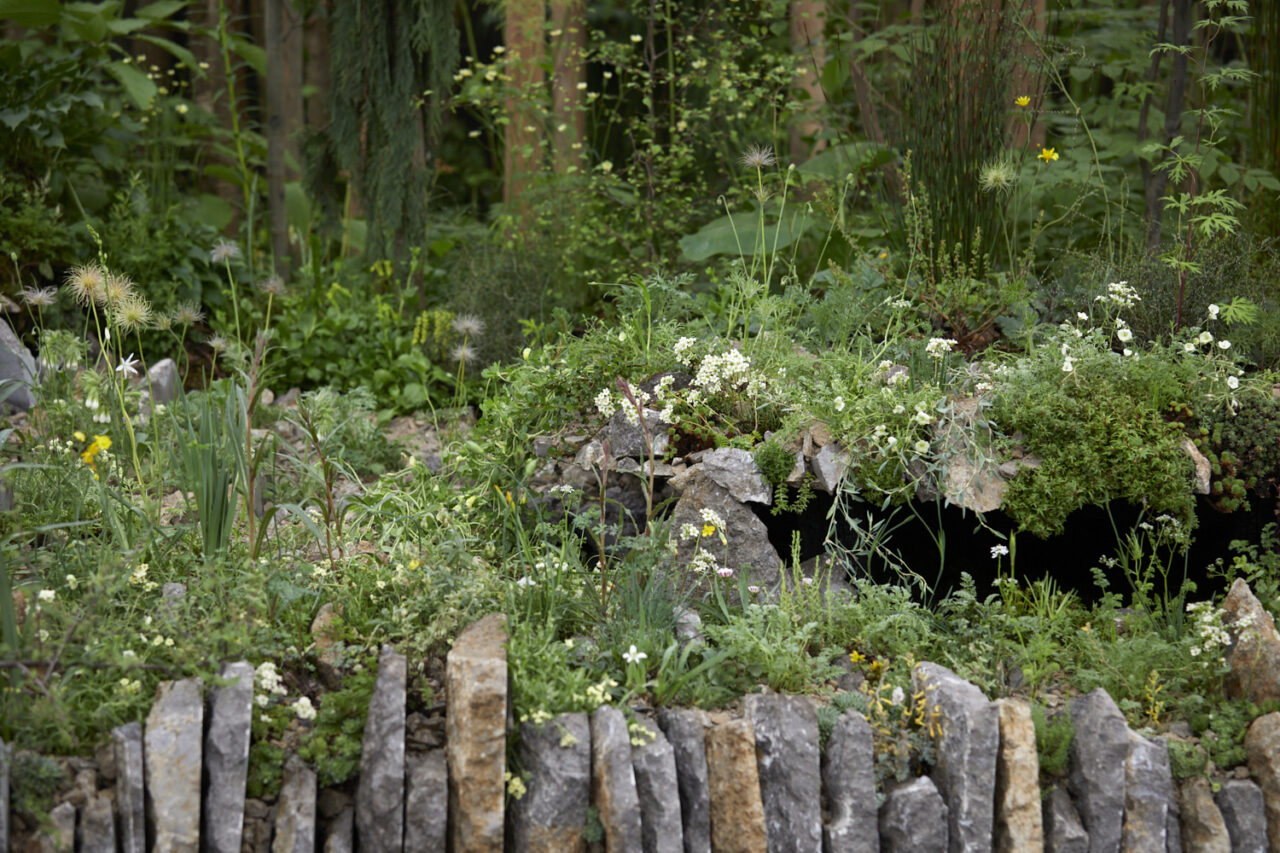Size of Wales’ partner, the Mount Elgon Tree Growing Enterprise (METGE) is equipping women in Mbale, Uganda with skills in making reusable sanitary pads. The initiative is good for the environment, enhances personal hygiene and serves as a business venture to improve household incomes – thereby increasing resilience to withstanding and adapting to the economic and social impacts of climate change. This is part of the Advancing Gender Equality for Climate Change Resilience and Adaptation project in Butta subcounty, Manafwa District, Mbale and is supported by Size of Wales, the Welsh Government and WCVA Cymru.
Menstrual hygiene issues were identified as one of the main causes of education dropout rates by girls when conducting a baseline survey at the start of the project. Menstrual hygiene is therefore especially important for young women and girls in the community. Without it, they miss a lot of school and can become very vulnerable, resulting in social problems such as gender-based violence, teenage pregnancies and early marriage, gender inequality and limited access to education and healthcare. Addressing these issues keeps young women empowered and feeling more confident.
Many young mothers, girls and women in Uganda have limited knowledge about their bodies, especially in relation to menstruation and sexual and reproductive health. In most communities, menstruation is treated with silence and as a taboo topic with menstrual blood viewed as unclean and harmful, which limits women’s and adolescent girls’ access to relevant and important information about their bodies. This initiative creates a safe space for open dialogue and access to correct information.
After analysing the issue, METGE came up with an initiative to promote the participation of girls at school. This was done by sharing information menstrual hygiene with young mothers and girls and training them to make reusable washable sanitary pads. A practical, hands-on three-day training session was run for 30 women and girls, and every trainee made three sanitary pads. The women and girls were also trained as “Trainers of Trainers”, and they have gone on to train 30 other group members. They have also started making pads as a business and this has helped to improve their livelihoods at household level.
METGE will continue collaborating with key stakeholders in the local community that support women and girls such as the local government and civil society organisations, as the training provided so far has provided an immediate solution to menstrual hygiene challenges and created a wider ripple effect within the community.
Sharing experiences of the project
Joyce Kimono, the gender and social inclusion officer from METGE, stated:
“One of the aims of this project was to empower women to undertake business ventures and generate income. After this training, they are going to work as Trainers of Trainers (ToTs), helping other women in the community take up reusable sanitary pads as a business opportunity. It’s a significant step forward.”
Mukitte Anna, a participant, said:
“The reusable pads are expensive to make and don’t require costly materials. I’ve learned something that can help me earn money. This training is going to help many women like me start small businesses.”
Nabisawa filly, a Community Development Officer, Butta sub county, shared:
“We are very happy. This is going to have a great impact on females here. This was the missing link in Butta. It will improve girls’ lives and help keep them attending school. It’s a blessing.”







